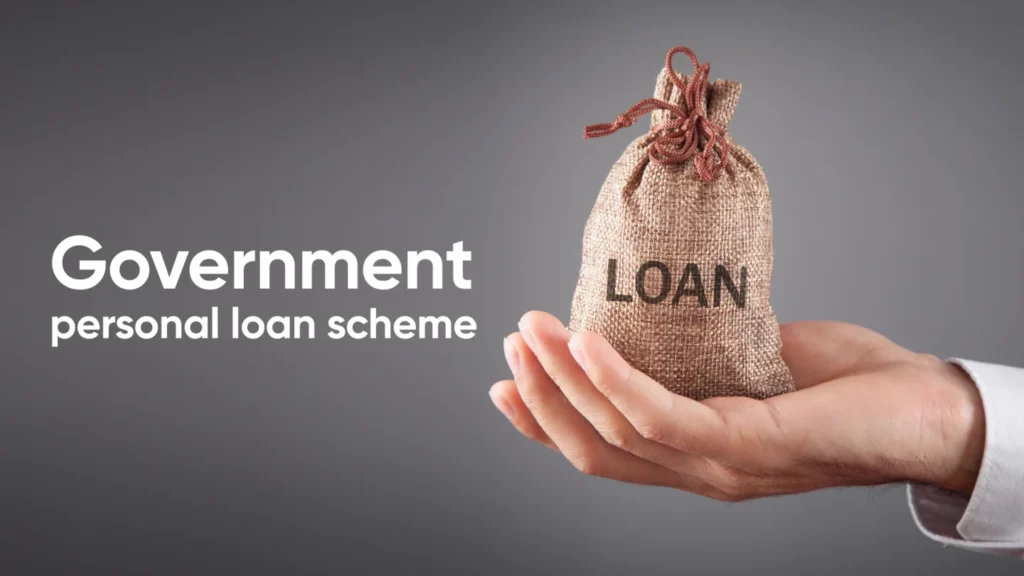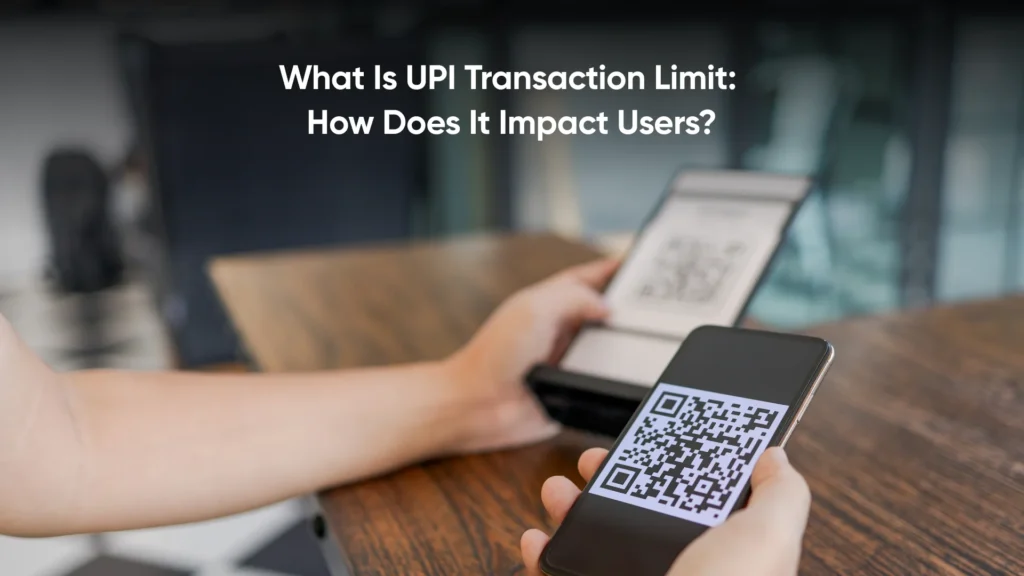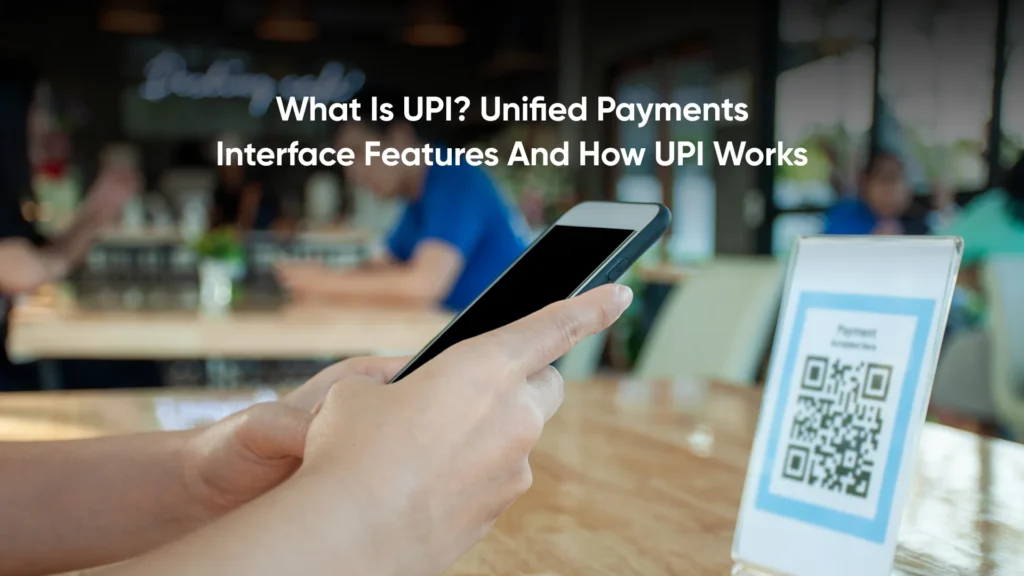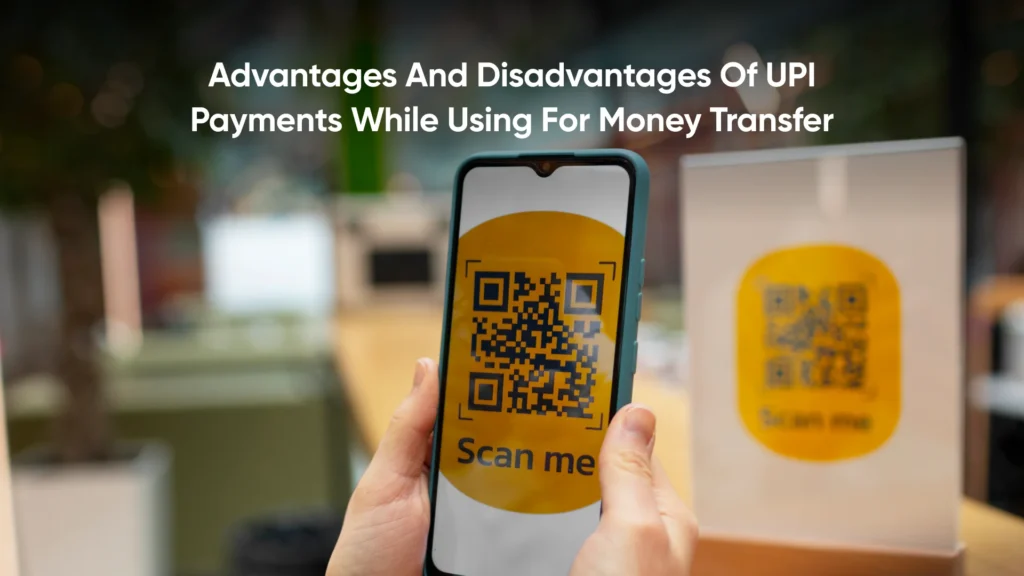What is a Government Personal Loan Scheme? - Features & Benefits

The government takes many initiatives to empower its citizens financially, promote financial inclusion and improve the country’s economy. These initiatives include many loan schemes to help people start their own businesses, improve their financial well-being and reduce dependency on informal credit sources.
In this blog, we’ll discuss what a personal loan government scheme is and everything you should know about it. Let’s dive in!
Table of Contents
ToggleWhat is a Government Personal Loan Scheme?
Government personal loan schemes are financial programmes or initiatives set up by central and state governments to give loans to people for different purposes.
Unlike private lenders, the government does not lend money to make profits but to help and empower individuals. Hence, these loan schemes offer lower interest rates and more flexible repayment tenures.
However, applying for a government personal loan usually takes longer and requires more paperwork than applying for an online personal loan. If you want to borrow money at breakneck speed, download the Zype app and get instant loans up to ₹5,00,000 in no time.
Eligibility Criteria To Apply For A Personal Loan Scheme By Government
Every government loan scheme would have different eligibility criteria. This would depend on many factors like target audience, loan limit and government policy objectives.
Here are the general eligibility criteria for borrowing money via government schemes –
– You should be a citizen of India.
– You should be actively employed with income sufficient enough to repay the loan.
– You should have a good credit score.
– You should have valid identity documents like Aadhaar card and PAN card.
Features And Benefits Of Government Personal Loan Scheme
Low-Interest Rates
Personal loans launched under government schemes usually have lower interest rates as compared to commercial loans which makes them more affordable for borrowers.
Flexible Repayment Terms
These loan schemes generally offer longer repayment periods than other loans, making EMI payments easier for individuals.
Read Must: What is EMI – Full Form and Meaning
Financial Inclusion
People who are not eligible for personal loans from banks and NBFCs can also borrow money under personal loan government schemes as certain schemes aim to uplift the economically disadvantaged section of society.
Accessible To Individuals Without A Credit History
Even people who have never used a credit product in the past and do not have a credit score can borrow money under personal loan government schemes.
Documents Required To Apply For A Personal Loan Scheme By Government
The lender would require a set of documents for many reasons like verifying your identity, evaluating your creditworthiness and ensuring that their policy objective is being met. Usually, they will ask for the following documents –
Identity Proof – To provide proof of your identity, you would need to submit documents like a Voter ID card, Aadhaar card or Driving Licence.
Address Proof – You might need to prove your residential address by submitting documents like utility bills and rent agreements.
Income Proof – You can show a salary slip, bank statement or income tax return as income proof.
Read Must: Documents Needed for Personal Loan
Interest Rates And Other Charges On Government Personal Loan Scheme
Check these charges before availing a personal loan via government schemes –
Interest Rate
An interest rate is the biggest cost when it comes to borrowing. Usually, the interest rate charged on personal loans is between 9.99% p.a. and 44% p.a. Loan schemes by the government usually charge lower interest rates than other personal loans.
Processing Fee
Government personal loans might charge a processing fee to cover the administrative costs of loan applications.
Prepayment Charges
Foreclosure charges might be levied if you need to pay off your dues in advance and close the loan.
Penalty Fee
You would need to pay late payment charges if you fail to pay your EMIs on time.
Types Of Government Loan Schemes
Personal Loans:
These are usually unsecured loans which means that you don’t have to pledge any collateral to borrow money via a government personal loan scheme.
Student Loans:
These loans are launched by the state and central government to help in financing higher education, vocational training and skill development. Students can use the money for costs like tuition fees, buying books and living expenses.
Housing Loans:
These schemes are launched to help citizens in buying homes. For example – The Central government has launched The Pradhan Mantri Awas Yojana (PMAY) to provide subsidised home loans.
Business Loans:
These schemes are launched to help small business owners start or expand their businesses.
Agricultural Loans:
These schemes are launched to support and uplift the farmers. For example – The Kisan Credit Card (KCC) scheme gives short-term loans for agricultural activities.
Conclusion
Government personal loan schemes could be a great way to avail funds. You can get to know more about the schemes from official government websites, local branch offices and government helplines. You should only apply for the loan if you fulfil their eligibility criteria.
In case you cannot find a suitable loan scheme and want to get a hassle-free instant loan, download the Zype app and get loans up to ₹5,00,000. You can apply in less than 6 minutes and you will get the money in your account instantly.
Frequently Asked Question
You can check the eligibility criteria and documents required by the government personal loan you want to avail and then complete the loan application process by entering the required information.
Interest rates charged on government personal loans are usually lower than other loans. Usually, the interest rate levied on personal loans is between 9% p.a. and 44% p.a.
Government personal loan schemes usually have guidelines and restrictions on how the loan money should be utilised. This is to ensure that the loan sum is not misused and is spent for the intended purpose.
In case you’re looking for a no-questions-asked personal loan, install the Zype app and get loan approval in 60 seconds.
This depends on the loan scheme. Different schemes have different minimum credit score requirements and other eligibility criteria for loan approval. If you have a bad credit score, you should check the criteria and only apply if you meet them.
The government launches personal loan schemes for the betterment of citizens. Hence, their loans usually offer lower interest rates, flexible repayment options and relaxed eligibility criteria than other personal loans.













